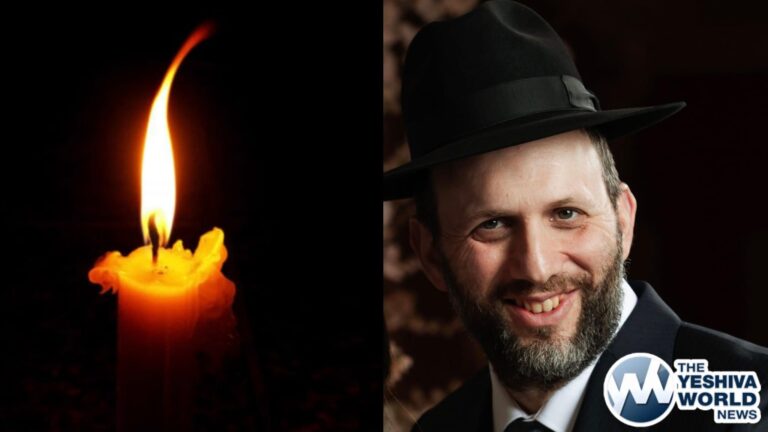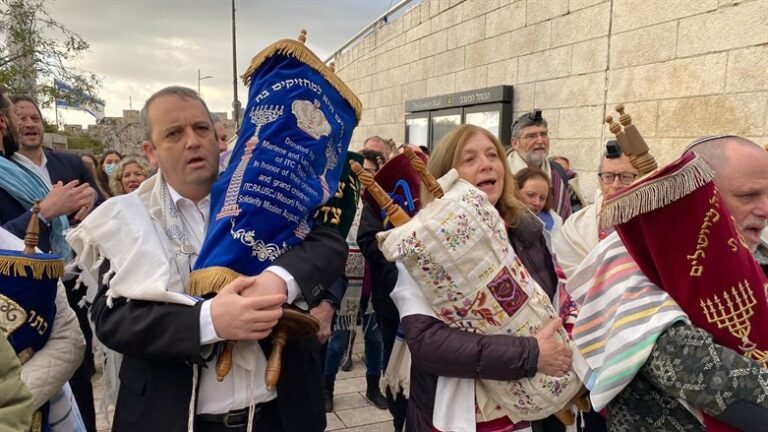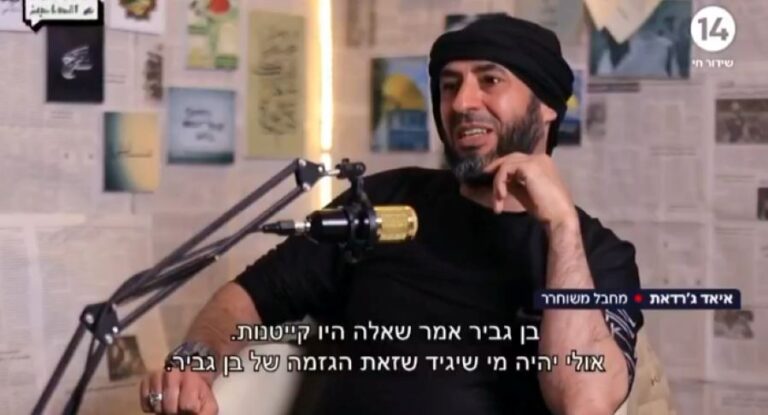 By some polls Democratic candidate Bill de Blasio is up by nearly 50 points over his Republican rival Joe Lhota in the race to become the next mayor of New York City. But that didn’t stop him from coming out aggressively in the first debate before the Nov. 5 general election to determine the next mayor of the nation’s largest city.
By some polls Democratic candidate Bill de Blasio is up by nearly 50 points over his Republican rival Joe Lhota in the race to become the next mayor of New York City. But that didn’t stop him from coming out aggressively in the first debate before the Nov. 5 general election to determine the next mayor of the nation’s largest city.
De Blasio, the city’s public advocate, repeatedly attacked Lhota by linking him to the national Republican party, which is largely unpopular in a city where Democrats outnumber the GOP by a 6-to-1 margin.
“My opponent told the Staten Island Tea Party that their values are so close to his,” said de Blasio, trying to group Lhota, a former head of the city’s transit agency, with the right-wing Republican faction which polling suggests is largely being blamed for the current federal government shutdown.
The jabs frequently put Lhota on the defensive on a night where he desperately needed to land blows on the front runner. Lhota called de Blasio’s line of attack “unbecoming.”
“You keep talking about me like I’m some sort of national Republican,” said Lhota, who is more moderate than the Tea Party on most issues. “Don’t lump me in with people I’m often in disagreement with.”
The two men disagreed on a host of issues ranging from tax hikes to public safety to their baseball allegiances, each presenting themselves as the most qualified choice to lead a city preparing to take its first steps beyond the 12-year reign of Mayor Michael Bloomberg.
The debate, the first of three in as many weeks, also at times resembled a wonky policy seminar, as the men delved into the minutia of building codes and tax abatements. But it was also punctuated by a series of sharp exchanges, including when Lhota suggested that the city’s record low crime rate, largely achieved under Republican administrations, could be in jeopardy if de Blasio were elected.
Lhota called de Blasio “untested” and reiterated his executive experience as former deputy mayor under Rudolph Giuliani and his stint as head of the city’s transit agency.
“I can be mayor on day without any training, without any learning curve whatsoever,” said Lhota.
De Blasio said he would repair strained relationships between the police and minority communities and defended the suggestion that his signature campaign proposal, a tax increase on the wealthy to fund universal pre-kindergarten, would be defeated by state lawmakers.
“We’ll get it passed in Albany because we’ll get tremendous public support for it,” said de Blasio, who has frequently pointed to his high poll numbers — several surveys have him up nearly 50 points on Lhota — as a mandate for the plan.
De Blasio, who was raised in Massachusetts, also offered no apologies for being a Boston Red Sox fan, saying a “real sports fan” is loyal to his team. Lhota cheers for their rival New York Yankees.
It was unclear if Lhota landed the blows he needed with time running out on his fledgling campaign. With only three weeks to Election Day, his campaign hopes his showing will inspire reluctant donors to give money that will help fund a last-minute TV ad blitz.
It may take a significant event to reverse the feeling of inevitability that surrounds de Blasio, who is looking to become the first Democrat to be elected mayor since 1989. Many of the industries that normally back Republicans, like the real estate and financial sectors, have been wary of alienating de Blasio and have yet to give much in the way of financial support to Lhota.
Third party candidates were excluded from the debate, which was sponsored by WABC, the New York Daily News, Univision and the League of Women Voters, after event organizers said they did not possess adequate poll numbers or fundraising totals. Independence Party candidate, Adolfo Carrion, and some of his supporters picketed the WABC’s Manhattan studios in the hour before the debate.
(AP)










